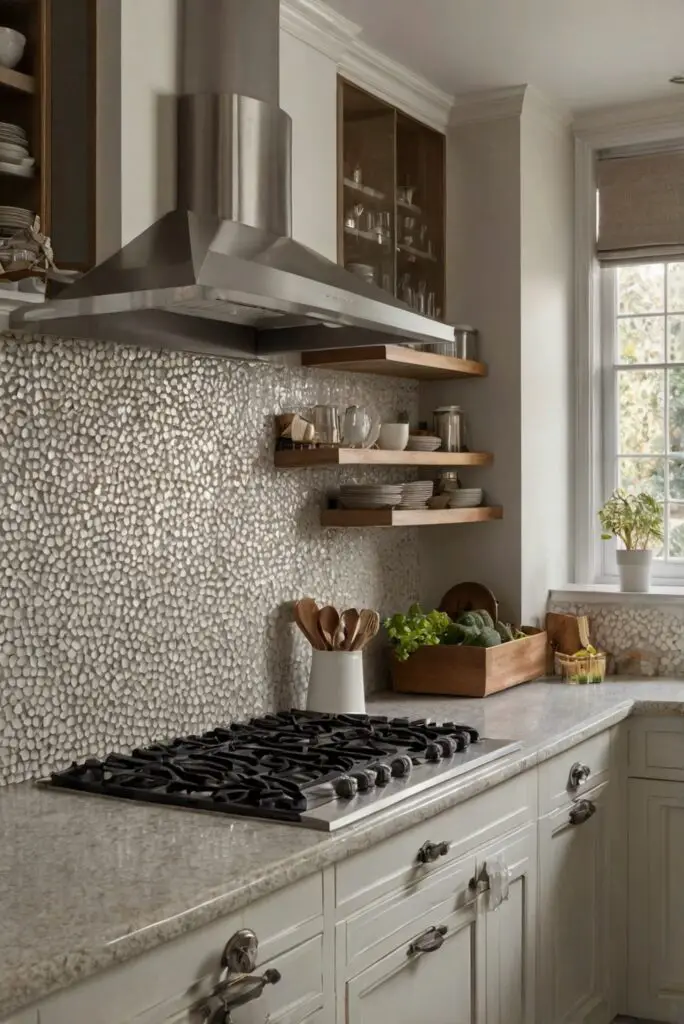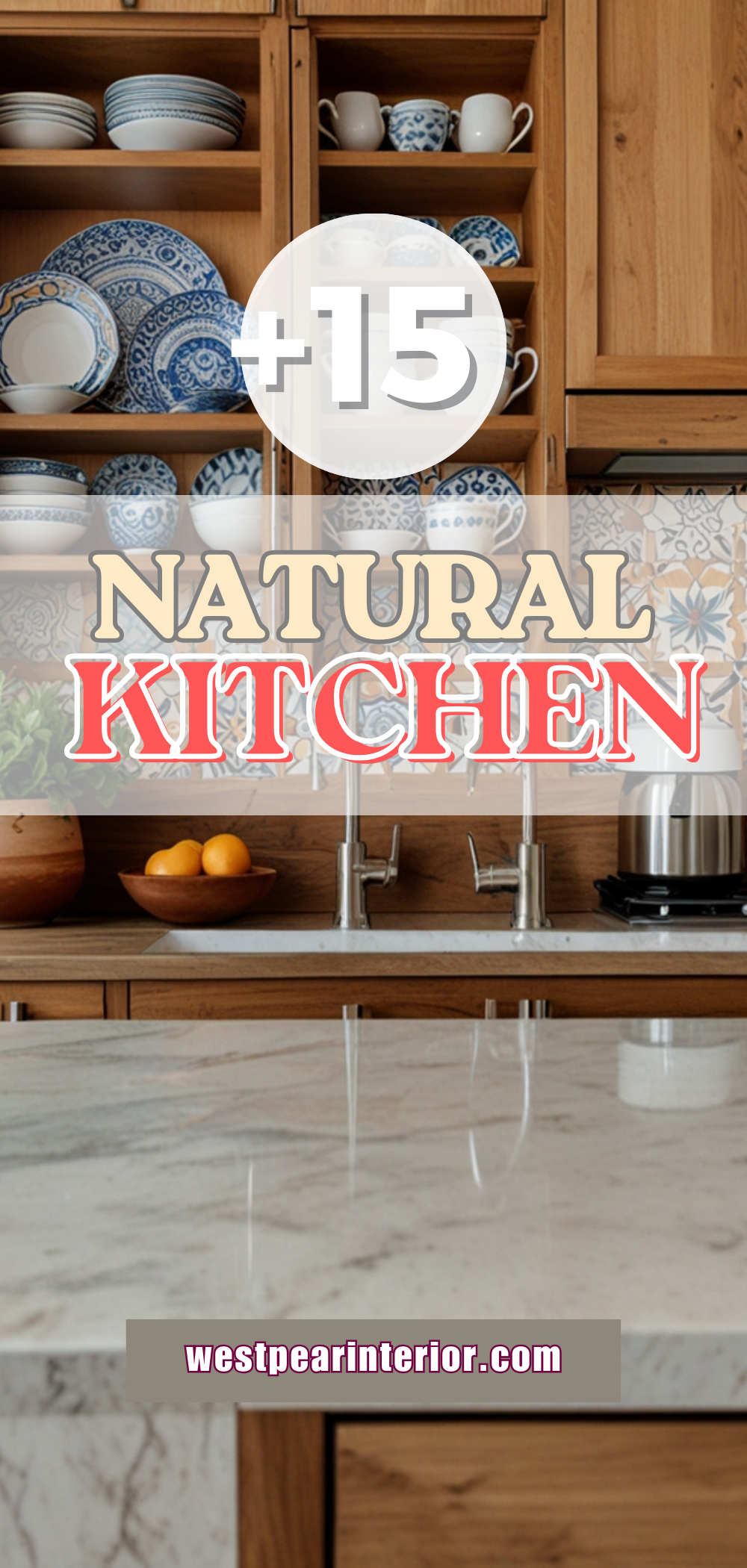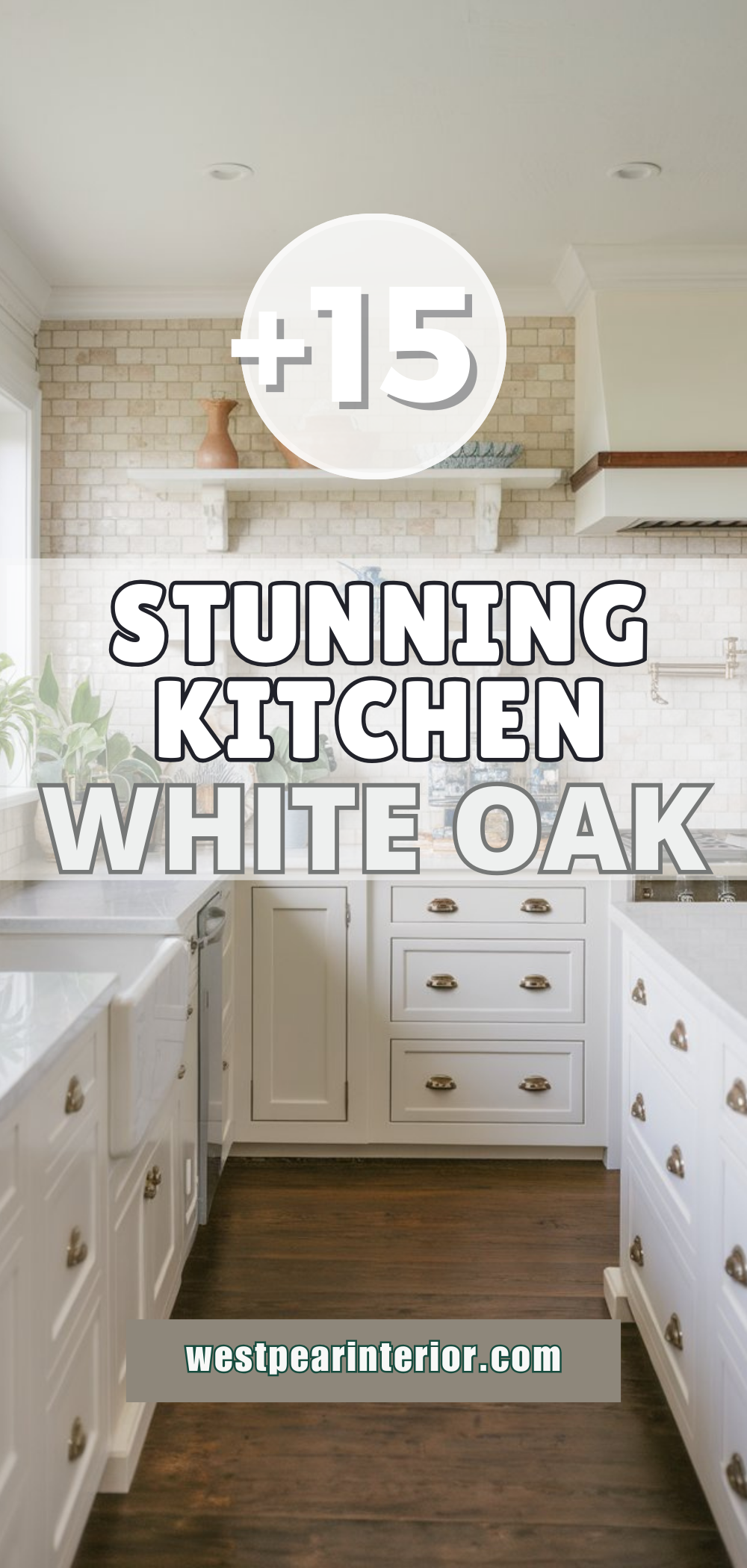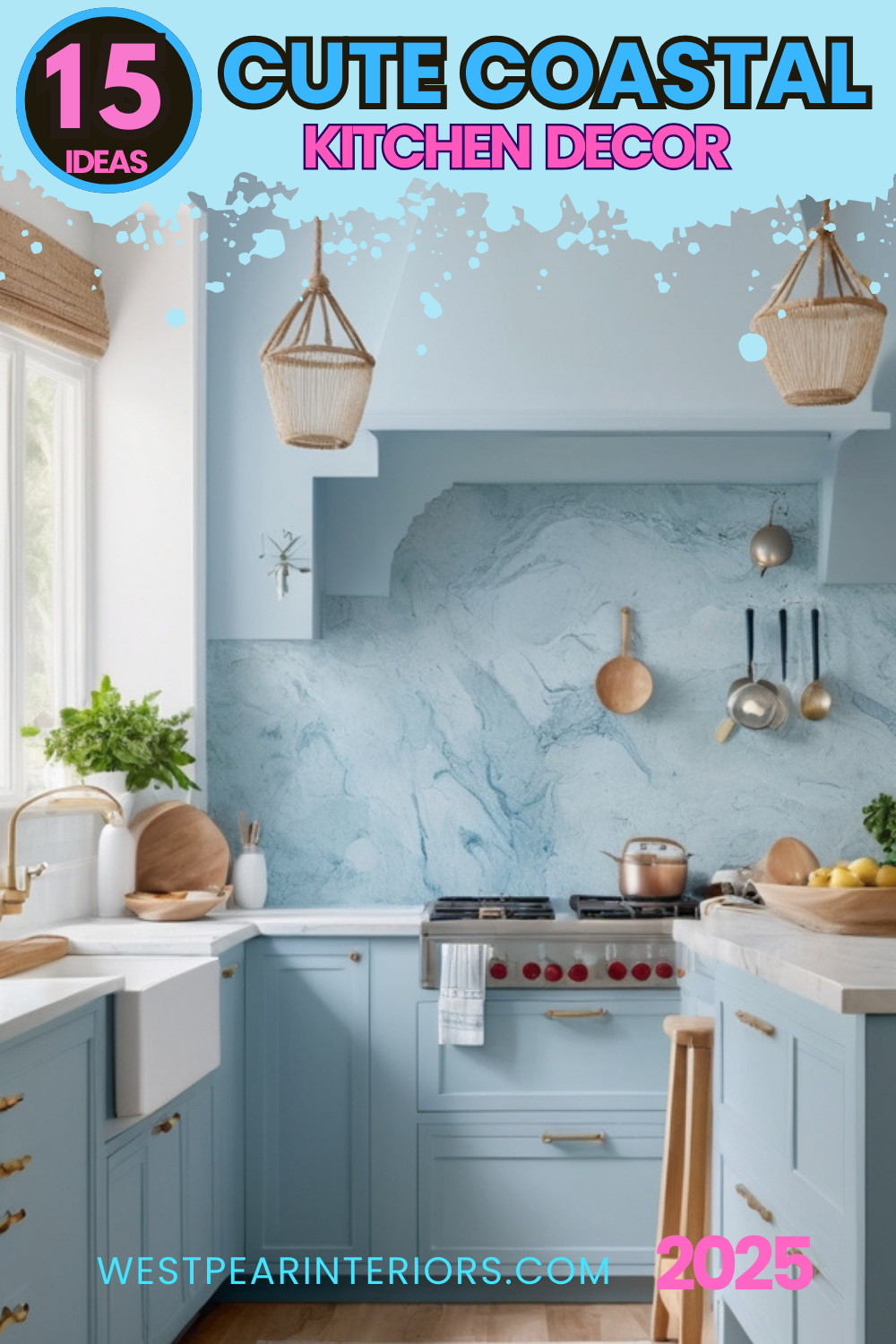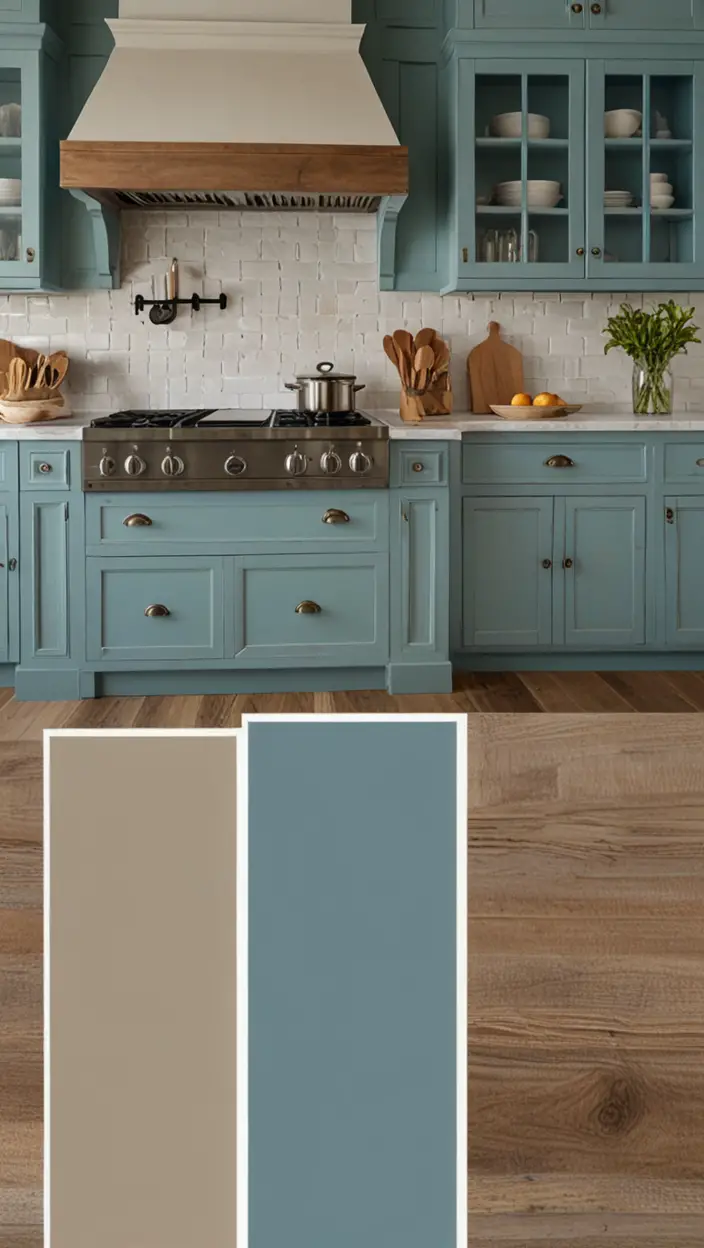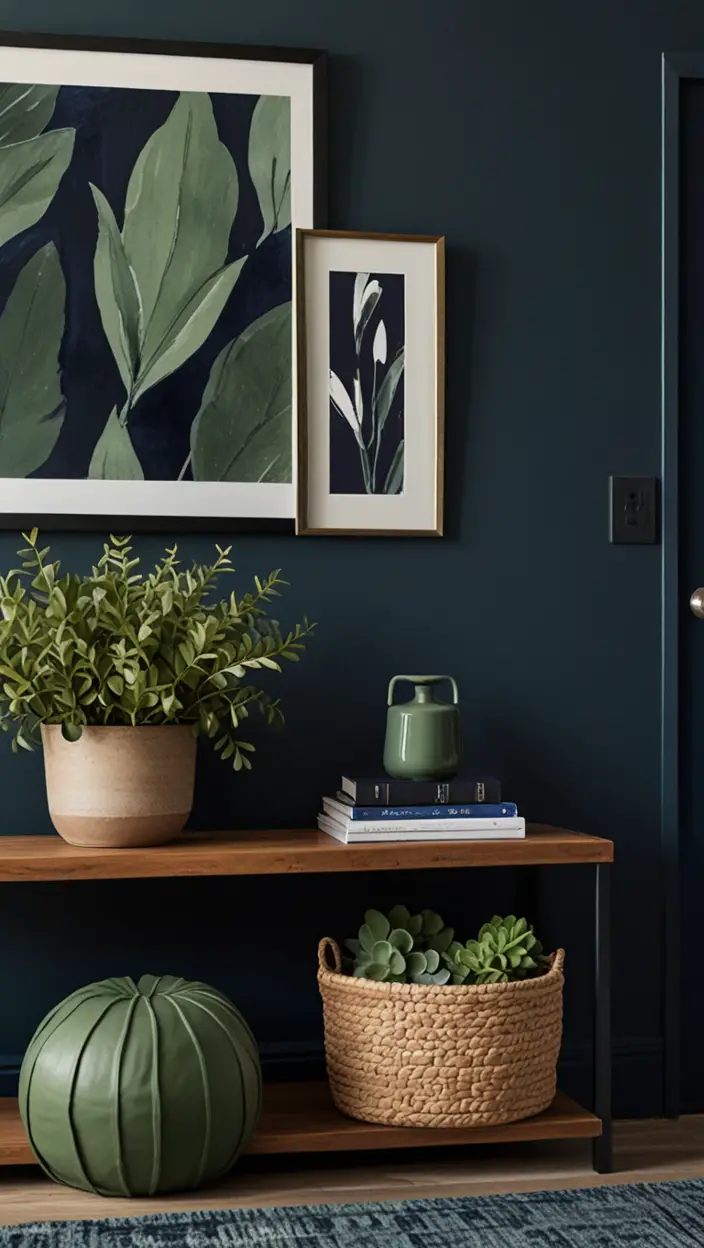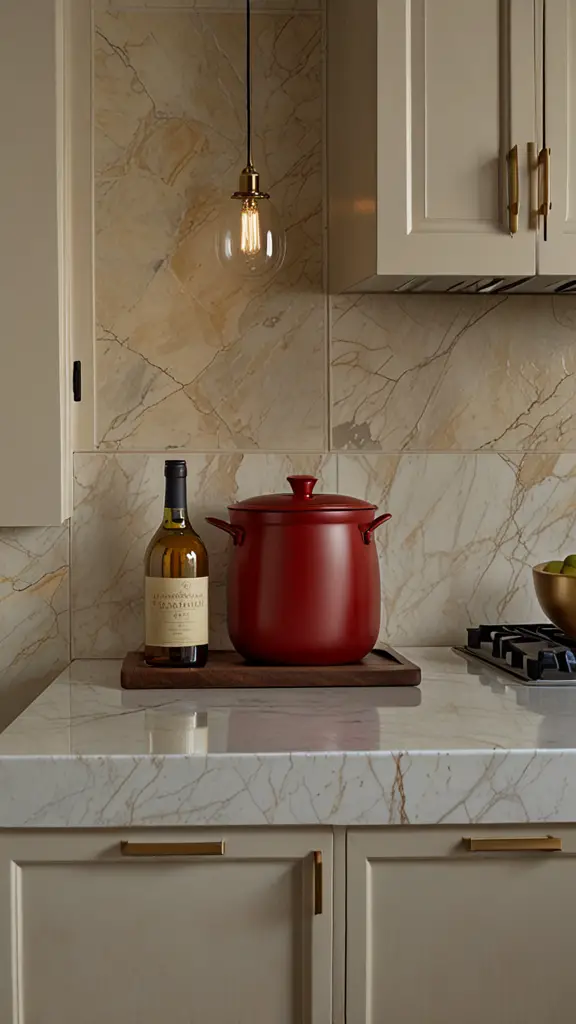Discover the transformative power of incorporating white into your kitchen design. From sleek modern styles to rustic charm, find your favorite look here.
What’s your favorite way to use white in the kitchen?
Daily Routine with an Interior Designer:
White is a versatile color that can make a kitchen look fresh, spacious, and timeless. As an interior designer specializing in home decorating and space planning, my favorite way to use white in the kitchen is by incorporating it into the walls and cabinets. White walls create a sense of brightness and openness, while white cabinets add a touch of elegance.
My Lovely Spring Paint for 2025
Ready for a Spring Makeover? Explore the Freshest 2025 Paint Trends!
White Sage/Green SW Pistachio green Soft blue Honeysweet/Orange Pink Sugar Sage Tint BMAs an Amazon Associate, I may earn a commission from qualifying purchases at no extra cost to you.
To enhance the white color scheme, I often suggest selecting complementary hues for accents like countertops, backsplashes, and kitchen islands. When choosing colors, consider using soft neutrals or bold shades to create contrast and visual interest. Additionally, matching the wall paint with the cabinets creates a cohesive look.
For a well-organized space, I recommend incorporating ample storage solutions, such as built-in cabinets or pantry organizers. This helps keep the kitchen clutter-free and enhances functionality. As an interior designer, I always advise my clients to choose primer paint for walls and high-quality paints for cabinets to ensure a long-lasting finish.
When it comes to color matching painting in the kitchen, I suggest testing paint samples on a small area to see how they look under different lighting conditions. This helps prevent any surprises once the painting is complete. In terms of home paint colors, I often recommend classic shades like light gray, beige, or navy blue to complement the white backdrop.
My fAV Spring DECOR for 2025
Discover Spring’s Best 2025 Decor Combinations – Perfect for Any Room!
Oversized Indoor Plants White Curved Sofas Rugs BOH Brown Cream Moroccan Hype Boho Rug Outdoor Patio Furniture Sets Topfinel Pillow CoversAs an Amazon Associate, I may earn a commission from qualifying purchases at no extra cost to you.
By following these tips and working with an experienced interior designer, you can create a stunning kitchen that reflects your style and enhances your living space.
Stay organized and enjoy the process of transforming your kitchen with stylish home decor and interior design elements.
—
Keywords: home decorating, home interior, home interior design, home decor interior design, space planning, interior design space planning, decorating interiors, interior bedroom design, designers kitchen, kitchen designs, living room interior, designer wall paint, primer paint for walls, color matching painting, paint color match, home paint colors
How can I incorporate white in my kitchen decor without it feeling too stark?
When incorporating white into your kitchen decor, it’s essential to create a balance to avoid it feeling too stark. One effective way to achieve this is by adding warmth through natural materials such as wood. Wood tones can soften the look of white and add texture and depth to the space. Consider incorporating wooden elements like cabinets, flooring, or a kitchen island to create a more inviting atmosphere.
Additionally, adding accents in warm tones like brass, copper, or gold can help to offset the coolness of white and bring a touch of elegance to the space. Consider incorporating these accents through light fixtures, cabinet hardware, or decorative accessories for a cohesive look.
Another way to prevent white from feeling too stark is by introducing subtle patterns or textures. This can be achieved through the use of patterned tiles, textured backsplashes, or fabric elements like curtains or seat cushions. These elements can add visual interest and break up the monotony of an all-white kitchen.
What color schemes complement white in the kitchen?
White is a versatile color that pairs well with a variety of other hues in the kitchen. One popular option is to create a classic black and white color scheme. Black accents such as countertops, hardware, or appliances can contrast beautifully with white cabinetry and create a timeless look.
For a more modern and fresh feel, consider pairing white with shades of grey. Light grey walls or backsplashes can complement white cabinets and create a sleek and contemporary aesthetic. Additionally, incorporating touches of metallics like silver or chrome can add a touch of glamour to the space.
Soft pastel colors like pale blue, mint green, or blush pink can also complement white in the kitchen and bring a subtle hint of color without overwhelming the space. These delicate hues can be incorporated through accessories, textiles, or even small appliances for a charming and inviting look.
Can I mix different shades of white in my kitchen design?
Mixing different shades of white in your kitchen design can add depth and dimension to the space. Consider pairing crisp white cabinets with a slightly warmer shade of white for walls or backsplashes to create a subtle contrast. This layering of whites can create a sophisticated and cohesive look while preventing the space from feeling too monochromatic.
Incorporating different textures and finishes can also enhance the mix of white tones in the kitchen. Matte and glossy finishes, as well as textured surfaces like beadboard or shiplap, can create visual interest and add depth to the overall design. Experimenting with various shades of white can help create a dynamic and visually appealing kitchen space.
How can I use white to make a small kitchen feel larger?
White is an excellent choice for making a small kitchen feel larger due to its ability to reflect light and create a sense of openness. To maximize this effect, consider painting both walls and cabinets white to create a seamless and expansive look. This consistent color palette can visually expand the space and make it feel brighter and more airy.
Another strategy is to incorporate reflective surfaces like stainless steel appliances, mirrored backsplashes, or glass cabinet doors. These elements can bounce light around the room, making it feel more spacious and luminous. Additionally, using white countertops and light-colored flooring can further enhance the illusion of space in a small kitchen.
Integrating plenty of lighting sources, both natural and artificial, is crucial in making a small kitchen feel larger. Ensure good task lighting under cabinets, ambient lighting in the ceiling, and perhaps accent lighting to highlight certain areas. Well-placed lighting can help eliminate shadows and visually expand the space.
What are some creative ways to add pops of color to a predominantly white kitchen?
Adding pops of color to a predominantly white kitchen can inject personality and visual interest into the space. Consider adding colorful accents through decorative accessories like rugs, throw pillows, or artwork. These items can be easily swapped out to update the color scheme seasonally or as your tastes change.
Another creative way to incorporate color is through kitchen textiles such as curtains, chair cushions, or table linens. Opt for vibrant hues or bold patterns to add a playful touch to an otherwise neutral kitchen. Textiles are a low-commitment way to experiment with color and can be easily changed to refresh the space.
Plants and fresh flowers are another simple yet effective way to introduce color into a white kitchen. Greenery adds a natural element and can bring life to the space. Consider displaying plants in colorful pots or vases to add an extra pop of color and tie the room together.
Can you recommend some alternative materials or finishes to traditional white paint for kitchen cabinets?
In addition to traditional white paint, there are several alternative materials and finishes you can consider for kitchen cabinets to achieve a unique look. One popular option is to opt for stained wood cabinets in a light or medium tone. Wood cabinets add warmth and character to the kitchen and can create a cozy atmosphere.
Another alternative is to choose colored cabinets in shades like soft grey, navy blue, or sage green. These colors can add depth and richness to the space while still maintaining a classic and timeless appeal. Colored cabinets can serve as a focal point in the kitchen and complement the white elements beautifully.
If you prefer a more modern look, consider high-gloss lacquered cabinets in a neutral color like grey or taupe. The reflective finish of lacquer can add a touch of sophistication and create a sleek and polished aesthetic. Additionally, matte finishes are gaining popularity for their understated elegance and ability to conceal fingerprints and smudges.
How can I keep a white kitchen looking clean and organized?
To keep a white kitchen looking clean and organized, regular maintenance and organization are key. Start by establishing a cleaning routine that includes wiping down cabinets, countertops, and appliances regularly to prevent dirt and grease buildup. Use mild cleaners and non-abrasive sponges to keep surfaces looking fresh and bright.
Utilize storage solutions like pull-out drawers, lazy Susans, and cabinet organizers to maximize space and keep kitchen essentials neatly stored. Clear countertops of clutter to create a streamlined and tidy look. Invest in storage containers and bins to keep smaller items organized and easily accessible.
Incorporate decorative storage solutions like baskets, trays, and jars to corral items and add visual interest to the space. These items can be both functional and stylish, helping to keep clutter at bay while enhancing the overall aesthetic of the kitchen. Regularly decluttering and purging items you no longer need can also help maintain a clean and organized kitchen.
What’s your favorite way to use white in the kitchen?
Share your favorite ways to incorporate white into your kitchen design and how it enhances the overall look and feel of the space. Whether you prefer a classic black and white color scheme, a modern grey and white palette, or pops of color against a white backdrop, we’d love to hear your creative ideas!
What influences your decision to use white in the kitchen?
Discuss the factors that influence your choice to incorporate white into your kitchen decor. Whether it’s the desire to create a bright and airy space, the versatility of white as a backdrop for different design elements, or the timeless and elegant appeal of white kitchens, share what motivates your design decisions.
Key Takeaways:
1. Incorporate warmth through natural materials like wood to soften the look of white in the kitchen.
2. Pair white with complementary colors like black, grey, or soft pastels for a cohesive color scheme.
3. Experiment with mixing different shades of white and textures to add depth and visual interest.
4. Use reflective surfaces and plenty of lighting to create a sense of openness in a small white kitchen.
5. Add pops of color through accessories, textiles, plants, and fresh flowers to inject personality.
6. Consider alternative materials like stained wood, colored cabinets, or lacquer finishes for a unique look.
7. Maintain a white kitchen by establishing a cleaning routine, utilizing storage solutions, and incorporating decorative storage elements.

